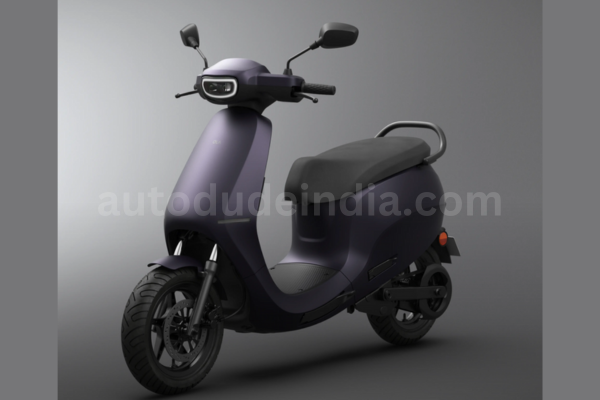Mitsubishi Motors joins Honda-Nissan alliance, boosting competitiveness in the global EV market.

In a significant move, Mitsubishi Motors is set to join the Honda-Nissan alliance, creating a formidable group in Japan’s auto industry. This new alliance will include Honda, Nissan, and Mitsubishi, collectively selling over 8 million vehicles globally. The main aim is to enhance their competitiveness in the rapidly evolving electric vehicle (EV) market.
Key Highlights:
- Mitsubishi Motors joins the Honda-Nissan alliance.
- New alliance sells over 8 million vehicles globally.
- Strategic move to compete with Tesla and Chinese EV makers.
- Honda and Nissan sold 140,000 and 19,000 EVs in 2023.
- Alliance targets strengthening market position against Toyota’s network.
Mitsubishi Motors Joins Honda-Nissan Alliance
The new alliance is a significant step towards competing in the global automotive market. With Mitsubishi Motors joining, the combined expertise and resources of Honda, Nissan, and Mitsubishi will aim to innovate and produce competitive electric vehicles to meet the growing demand.
This strategic move comes at a crucial time as Tesla and Chinese automakers invest heavily in electric vehicles, putting pressure on Japanese manufacturers to scale up and improve their supply chains. The reorganization is expected to have widespread implications across various sectors in Japan.
While Honda and Nissan announced a comprehensive cooperation agreement in March, Mitsubishi Motors’ role within this framework remained uncertain. With Nissan holding a 34.01% stake in Mitsubishi Motors, integrating Mitsubishi into the alliance aims to boost competitiveness in a challenging market. The three companies will now collaborate closely to strengthen their market position.
Negotiations have been ongoing, with Mitsubishi Motors signing a nondisclosure agreement with Honda and Nissan. In the fiscal year ending March 2024, Honda and Nissan recorded global sales of 4.1 million and 3.44 million units, respectively. Combined with Mitsubishi Motors’ 810,000 units, the alliance’s total sales reach 8.35 million vehicles.
In contrast, Toyota, Japan’s largest automaker, has formed alliances with Daihatsu, Suzuki, Subaru, Mazda, and Hino Motors, achieving a combined sales volume of 16 million units. This places the Honda-Nissan-Mitsubishi alliance in direct competition with Toyota’s extensive network.
The driving force behind this alliance is the urgent need to adapt to a rapidly changing auto industry, marked by the shift from internal combustion engines to EVs.
Japanese automakers face significant challenges from emerging players in the EV market. In 2023, Nissan and Honda sold only 140,000 and 19,000 EVs worldwide, respectively, compared to Tesla’s 1.8 million and BYD’s 1.57 million units. In China, the world’s largest car market, Honda and Nissan have struggled to compete against low-priced local EVs, prompting a reevaluation of their market strategies.
Also Read:




